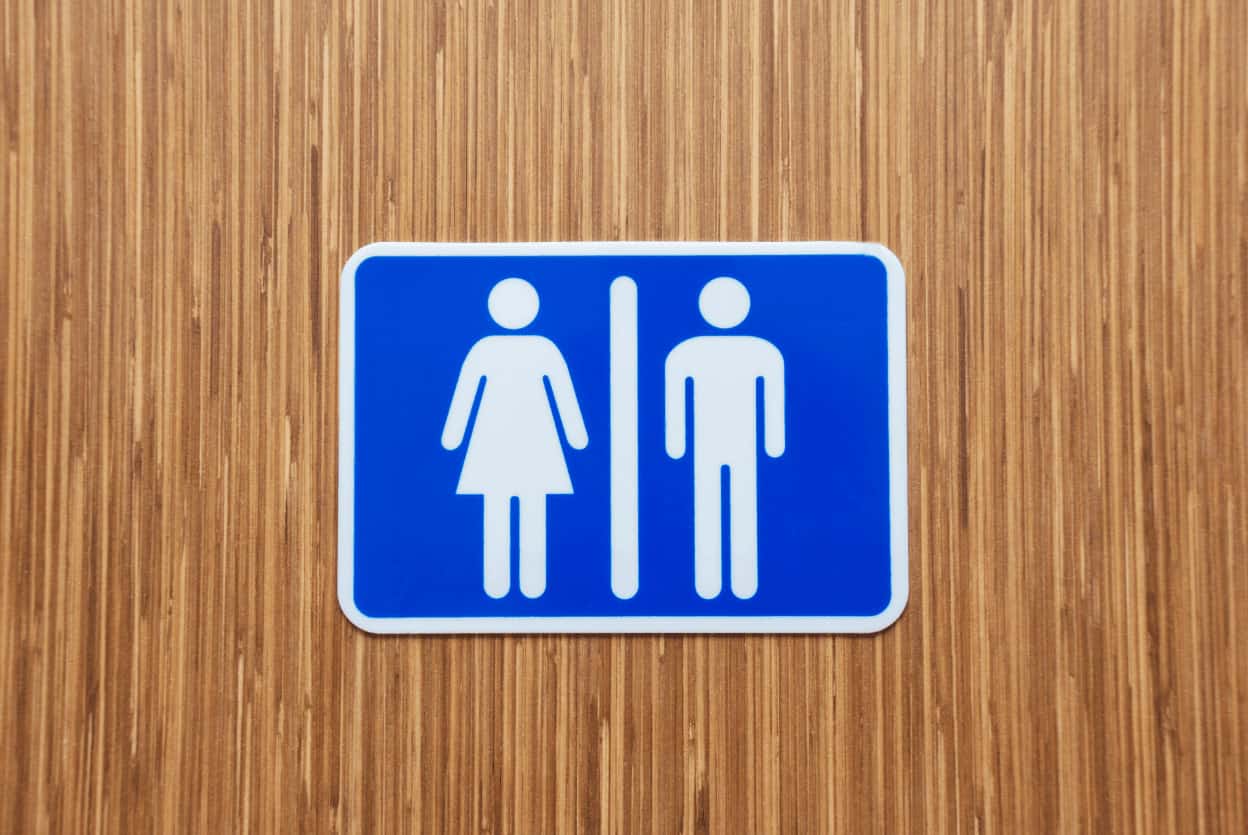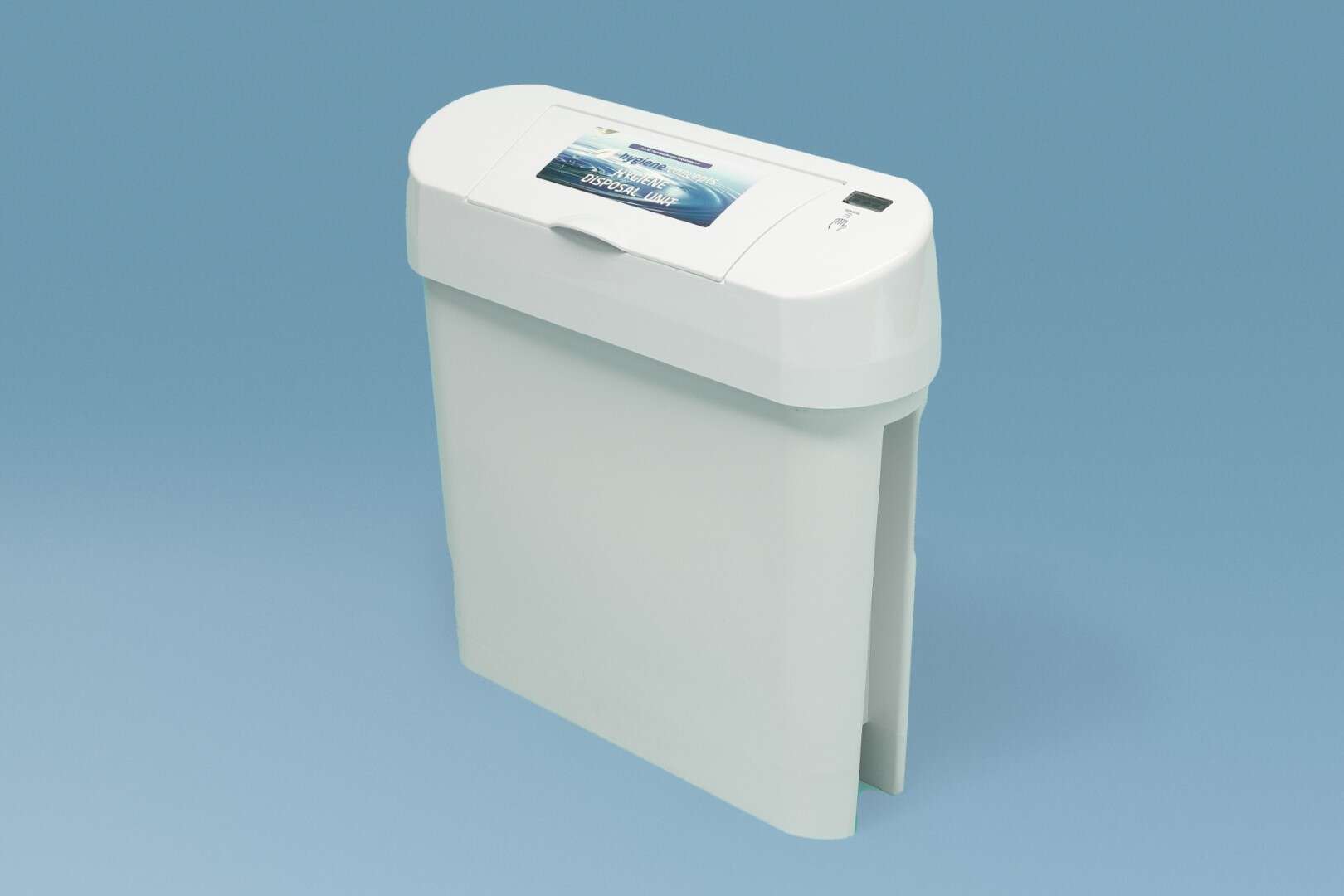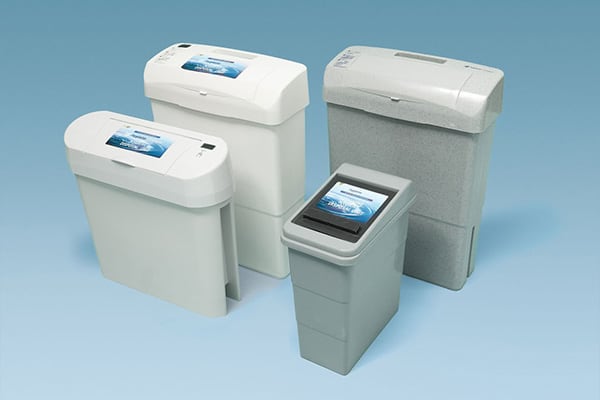To best cater to the needs of the wide diversity of people accessing your workplace, public space or event, your facilities should be inclusive. This means that not only are the facilities appropriate, such as having family rooms, ramps, elevators or disability parking, but also ensuring that these amenities are actively respected.
The need for inclusive facilities is often most apparent in a facility’s washroom. Over the last five years, both in Australia and abroad, several articles have highlighted washroom disparities, specifically regarding a lack of sanitary bins or appropriate facilities.
Why We Need Inclusive Washrooms
In Australia and around the world, scrutiny over the lack of sanitary bins in both men’s and women’s washrooms has been on the rise.
News articles from ABC, News.com.au, Women’s Agenda and the Daily Mail have placed a lens over the washroom issues concerning people around Australia.
These articles focus on people being discouraged from participating in society and specific industries due to their needs being both forgotten and ignored.
Without inclusive washrooms, your facility may alienate a significant number of people who would otherwise have participated in your workplace, public space or event.
The Importance of Sanitary Bins?
Including sanitary bins in all your washrooms is a significant step towards providing inclusive facilities. Women’s washrooms require sanitary bins to facilitate the sanitary disposal of feminine hygiene products and is a mandatory inclusion in the SafeWork Australia ‘Managing the work environment and facilities’ Code of Practice.
Sanitary bins should not be exclusive to women’s washrooms, however.
One of the many reasons men’s washrooms require sanitary bins is prostate cancer. As men age, their risk of developing prostate cancer increases, with one common side effect of treatment being incontinence and the possible need for adult nappies.
Without sanitary bins, amongst other hygiene services, non-inclusive washrooms cause hygiene issues as people with sanitary waste will instead find alternative, inappropriate avenues of disposing of this waste.
Nappy Bins & Family Rooms
Alongside sanitary bins for men and women, if your facility is going to be visited by families with babies and young children, your facility will likely benefit from added family rooms and nappy bins.
Without family rooms and nappy bins, like with sanitary bins, your facility may discourage families with young children from visiting.
The inclusion of sanitary bins, nappy bins and other inclusive elements are tacit approvals of the patronage of the people who need these items. Without these elements, despite what may be said elsewhere, your facilities will tacitly disapprove of their involvement.
The most important aspect of creating an inclusive washroom is accurately assessing the needs of your diverse range of possible clientele and rising to meet them.
Hygiene Concepts is a leading supplier of washroom hygiene services in Western Australia. Contact us today for any of your sanitary bin or hygiene services needs.





